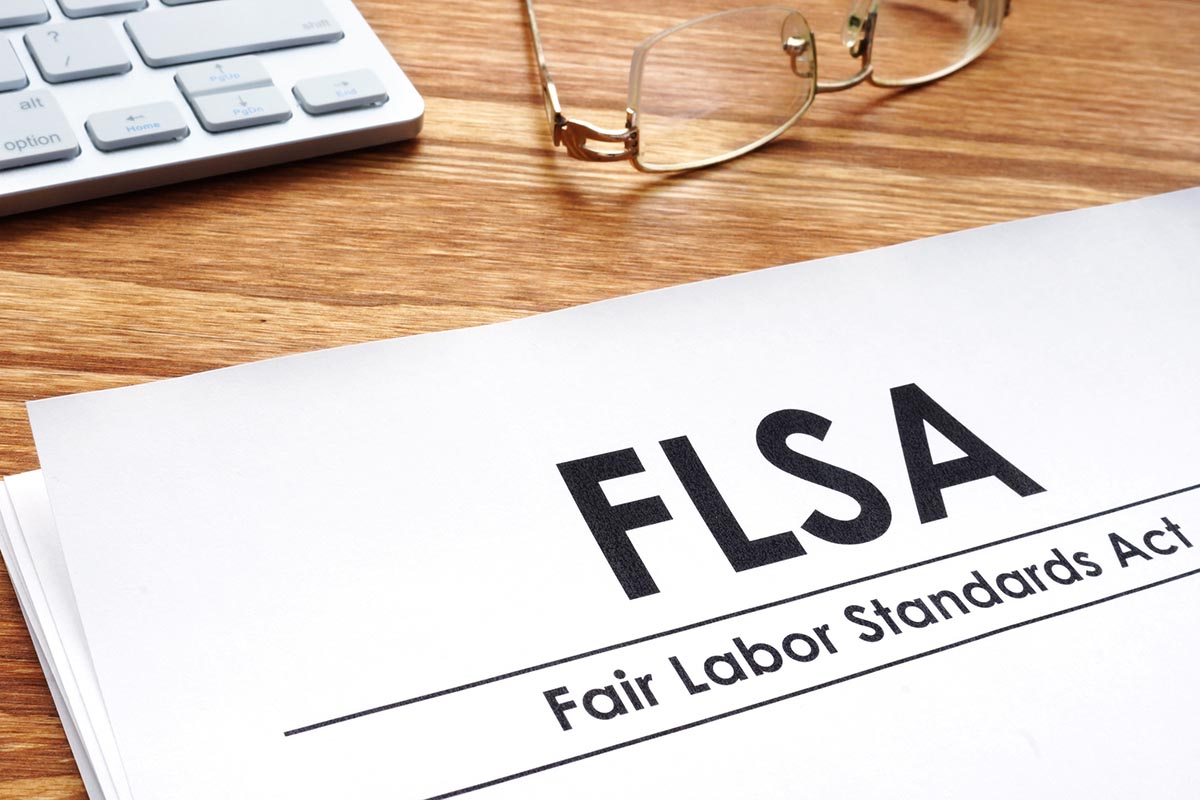Employee or Independent Contractor Classification Under the FLSA Final Rule
Last Updated on January 21, 2024 by MyHRConcierge
Table of contents
- New Department of Labor Rule Redefines Independent Contractor Classification, Shifting from 2021 Independent Contractor Guidelines
- Economic Reality Test to Determine Independent Contractor Classification
- Employee Status and Voluntary Waiver
- Increased Probability of Employee Classification
- Conclusion
- Partnering with MyHRConcierge: Navigating the Evolving Regulatory Landscape
New Department of Labor Rule Redefines Independent Contractor Classification, Shifting from 2021 Independent Contractor Guidelines
In a significant development for employers and workers across the United States, the Department of Labor (DOL) has introduced a new rule, effective March 11, 2024, to redefine the criteria for independent contractor classification under the Fair Labor Standards Act (FLSA). This new regulation marks a pivotal change, rescinding the 2021 independent contractor rule which was perceived as more business friendly.
The 2021 rule, a product of the Trump Administration, prioritized two core factors in the independent contractor classification analysis – the nature and degree of control over work and the individual’s opportunity for profit or loss. However, the Biden Administration’s new rule shifts the focus, reinforcing a pro-employee stance. This change aims to address the department’s concerns about improper independent contractor classification, which they believe undermines workers’ rights and disrupts fair market competition.
While the rule’s broader impact remains uncertain, particularly in light of ongoing legal debates and decades of case law, it specifically addresses the definition of an independent contractor under the FLSA. This means its influence on state laws and other federal employment statutes may be limited.
Economic Reality Test to Determine Independent Contractor Classification
Central to the new rule is the restoration of the multifactor analysis that was utilized for decades prior to 2021. This analysis considers the economic realities of the relationship between a worker and a potential employer. The rule introduces six key factors that are non-determinative and non-exhaustive:
1. Opportunity for profit or loss depending on managerial skill
2. Investments by the worker and the potential employer
3. Degree of permanence of the work relationship
4. Nature and degree of control
5. Extent to which the work performed is an integral part of the potential employer’s business
6. Skill and initiative
The Final Rule does not prioritize any single factor; the importance varies depending on each case’s specifics. Additional factors may also be relevant if they help indicate whether a worker is in business for themselves or economically dependent on the employer.
Employee Status and Voluntary Waiver
Under the FLSA, employee status cannot be voluntarily waived. A worker who is economically dependent on an employer for work cannot choose to be classified as an independent contractor, as this would undermine the Act’s objectives.
Increased Probability of Employee Classification
For FLSA claims, the practical outcome is that workers are now more likely to be classified as employees rather than independent contractors. The expanded and ambiguous factors introduced by the new rule may lead to more uncertainty, potentially causing the department to favor employee classification over independent contractor classification in ambiguous situations.
Conclusion
Employers must be vigilant in light of these changes. Misclassifying a worker as an independent contractor carries significant liabilities, as laws like the FLSA, which governs minimum wage and other employee rights, apply exclusively to employees. Therefore, employers are advised to thoroughly review their worker relationships to ensure proper independent contractor classification to ensure compliance with the new standards.
Partnering with MyHRConcierge: Navigating the Evolving Regulatory Landscape
The introduction of the DOL’s new rule under the FLSA presents a critical shift in the classification of workers as either independent contractors or employees. This change underscores the need for employers to be acutely aware of and responsive to the evolving legal landscape.
MyHRConcierge offers a valuable solution in this regard, providing expert guidance and support to help employers navigate these complex regulatory changes. In an environment where federal and state laws are increasingly changing, partnering with MyHRConcierge represents a prudent step for employers seeking to maintain compliance and protect their interests in this dynamic legal climate. Contact us today at 855-538-6947 ext 108, ccooley@myhrconcierge.com or schedule a call convenient for you below:

